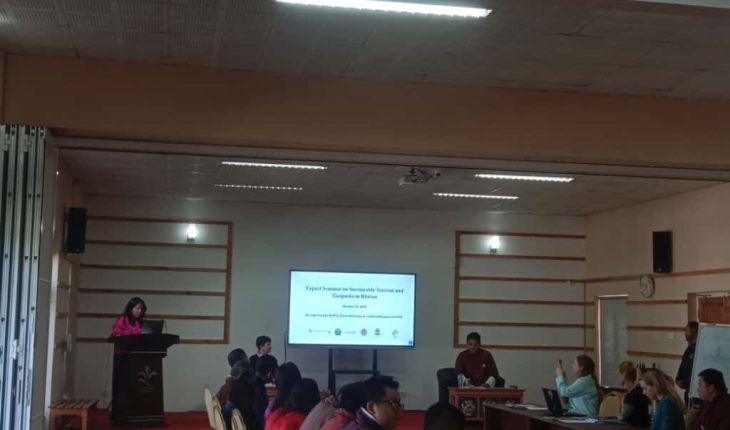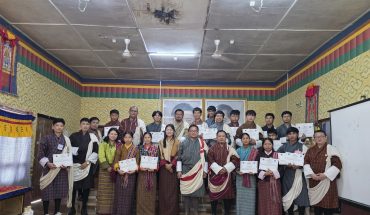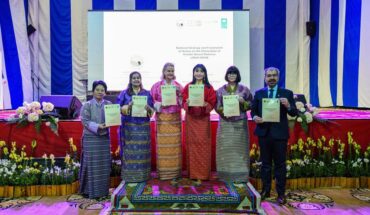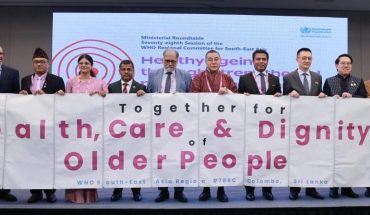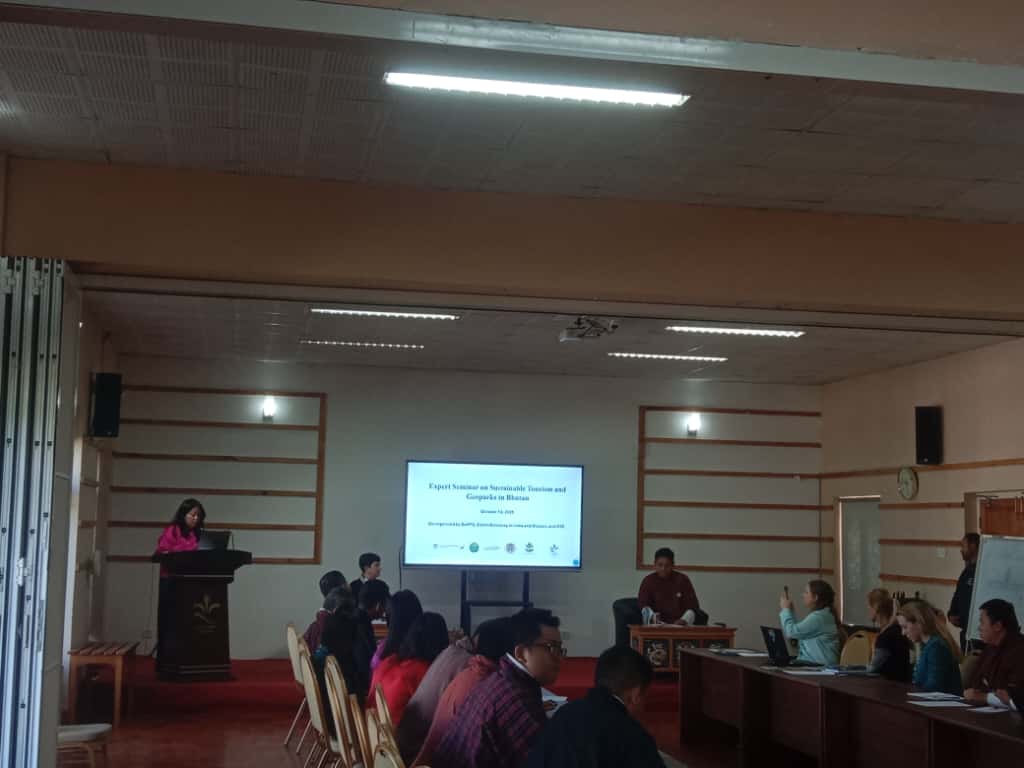
DAWA ZANGHMO | Thimphu
Bhutan is taking initial steps toward establishing its first geopark an initiative that blends conservation, education, and community development to foster sustainable tourism.
The project seeks to strike a balance between protecting the nation’s distinct natural heritage and improving local livelihoods through eco-friendly tourism ventures.
Experts from Bhutan and the Czech Republic recently met in Thimphu to discuss how the geopark concept could be introduced into Bhutan’s conservation and tourism frameworks.
The seminar provided a platform to exchange experiences, insights, and strategies on integrating geological heritage with sustainable community development.
Associate Professor Martina Pásková, Chair of the Czech National Geoparks Council and member of the UNESCO Global Geoparks Council, emphasized Bhutan’s strong potential to join the global geopark network.
“Bhutan stands out as an exceptional destination small in size, yet remarkable for its natural beauty and high level of protection,” she said adding visitors from developed countries are drawn to places like Bhutan because of its authenticity and its rich blend of cultural and natural treasures.”
Professor Martina Pásková, who has been instrumental in developing geoparks in the Czech Republic, commended Bhutan’s pristine environment, cultural diversity, and enduring conservation commitment, saying these qualities align closely with UNESCO’s geopark goals.
She explained that geoparks extend beyond geological formations to include education, community engagement, and sustainable economic growth.
“Geotourism blends education with recreation. Activities such as hiking, canoeing, or climbing can make a region’s geological story more engaging and meaningful,” she noted.
Senior Forestry Officer Dr. Lungten Dorji (PhD) from the Department of Forests and Park Services (DoFPS) highlighted that Bhutan’s existing protected areas already embody several principles of geoparks, even though the country does not yet have one officially designated.
He pointed to Jigme Dorji National Park (JDNP) as a promising candidate for the nation’s first pilot geopark.
“The terrain of JDNP resembles that of Krkonoše National Park in the Czech Republic,” he said. “We hope to initiate the geopark concept within a small section of JDNP, beginning with one of our current community or ecotourism projects, and expand it gradually.”
He added that adopting the geopark model could further enhance Bhutan’s conservation efforts while opening doors to international collaboration and expertise. “It would allow us to exchange best practices with other international parks and access global technical support,” he remarked.
While the concept holds strong promise, Professor Martina Pásková cautioned that achieving UNESCO Global Geopark status is a rigorous process. Since 2016, 14 proposals globally have been rejected for not fulfilling the required operational or management standards.
She stressed that successful geoparks depend on clear boundaries, effective governance, and active community participation. Proposed sites must demonstrate geological diversity, accessibility, and local involvement, with a strong focus on education.
“Many applications are turned down because of weak management, lack of resident populations, overlap with existing protected areas, or insufficient international geological relevance,” she said. “Establishing clear boundaries and ensuring community involvement are crucial for success.”
Chimi Dorji, Senior Forestry Officer with the Nature Conservation Division under DOFPS, stated that Bhutan is still in an exploratory phase in understanding the geopark model.
“We are in the early stages of exploring new opportunities for nature-based tourism, including the geopark concept,” he said. “The seminar’s purpose is to understand the fundamentals of geoparks, their management in other nations, and how this approach can be adapted to Bhutan’s conservation and tourism setting.”
He noted that this initiative aligns closely with Bhutan’s national vision for sustainable tourism and its “high-value, low-volume” policy. “Pursuing the geopark concept fits within our broader aim to connect conservation, education, and community development across Bhutan’s rich natural and cultural landscapes,” he added.
Chimi Dorji emphasized that sustainability remains central to any future geopark development. The goal, he explained, is not commercial growth but the preservation of ecological integrity and community empowerment.
“At present, our focus is on study and consultation,” he said. “We are reviewing international models, assessing potential sites, and engaging relevant agencies to ensure that any geopark initiative is grounded in conservation values and community participation.”
He further underlined the importance of partnerships with countries like the Czech Republic in helping Bhutan adopt proven global models and best practices.
“Collaborations such as the one with the Czech Republic enable us to learn from successful examples, like the management of Krkonoše Mountains National Park and Czech geoparks,” he said. “These partnerships help us adapt tested frameworks to Bhutan’s conditions and strengthen our capacity to achieve sustainability goals.”
The seminar brought together geologists, conservationists, tourism specialists, and academics to discuss how Bhutan’s geological diversity and cultural heritage could be integrated into a UNESCO Global Geopark framework.
Participants also explored ways to ensure that local communities play a central role through education, research, and eco-friendly tourism activities.

